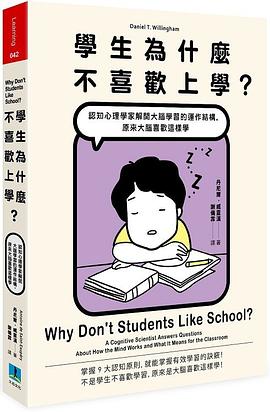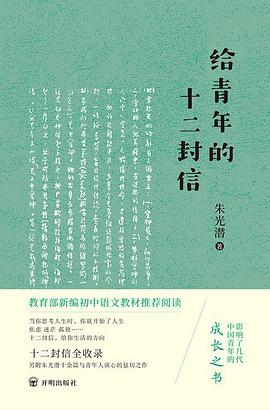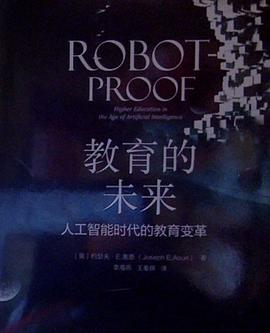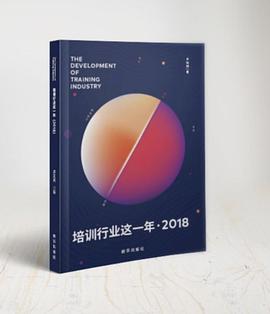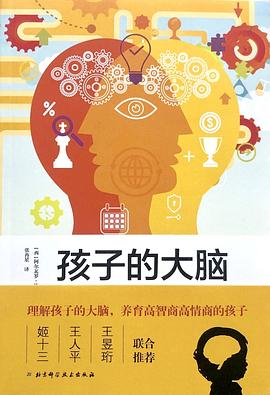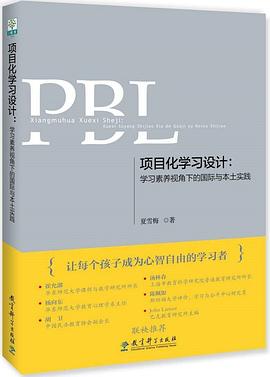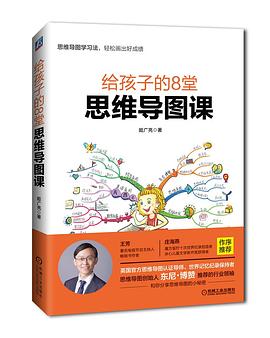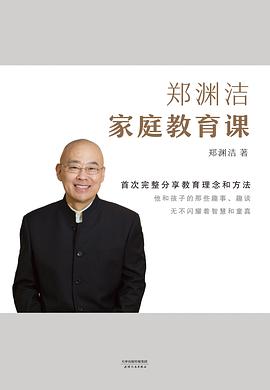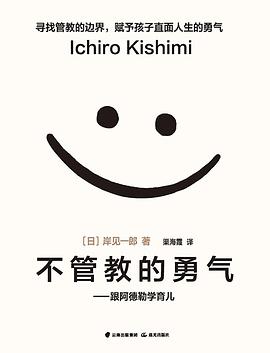

具体描述
Matthias Doepke is professor of economics at Northwestern University. He lives in Evanston, Illinois. Fabrizio Zilibotti is the Tuntex Professor of International and Development Economics at Yale University. He lives in New Haven, Connecticut.
An international and historical look at how parenting choices change in the face of economic inequality
Parents everywhere want their children to be happy and do well. Yet how parents seek to achieve this ambition varies enormously. For instance, American and Chinese parents are increasingly authoritative and authoritarian, whereas Scandinavian parents tend to be more permissive. Why? Love, Money, and Parenting investigates how economic forces and growing inequality shape how parents raise their children. From medieval times to the present, and from the United States, the United Kingdom, Germany, Italy, Spain, and Sweden to China and Japan, Matthias Doepke and Fabrizio Zilibotti look at how economic incentives and constraints--such as money, knowledge, and time--influence parenting practices and what is considered good parenting in different countries.
Through personal anecdotes and original research, Doepke and Zilibotti show that in countries with increasing economic inequality, such as the United States, parents push harder to ensure their children have a path to security and success. Economics has transformed the hands-off parenting of the 1960s and '70s into a frantic, overscheduled activity. Growing inequality has also resulted in an increasing "parenting gap" between richer and poorer families, raising the disturbing prospect of diminished social mobility and fewer opportunities for children from disadvantaged backgrounds. In nations with less economic inequality, such as Sweden, the stakes are less high, and social mobility is not under threat. Doepke and Zilibotti discuss how investments in early childhood development and the design of education systems factor into the parenting equation, and how economics can help shape policies that will contribute to the ideal of equal opportunity for all.
Love, Money, and Parenting presents an engrossing look at the economics of the family in the modern world.
用户评价
##资本逻辑下分析的各国育娃状况细致有理,但分析终究是提出问题,这样的教育不平等的矛盾状况却似乎是没有解法
评分##Economic forces play an important role of shaping the parenting style. The intensive parenting prevails today as a result of rising economic inequality and higher return on education.
评分##Economic forces play an important role of shaping the parenting style. The intensive parenting prevails today as a result of rising economic inequality and higher return on education.
评分 评分##资本逻辑下分析的各国育娃状况细致有理,但分析终究是提出问题,这样的教育不平等的矛盾状况却似乎是没有解法
评分##经济、政策、历史、宗教、父母受教育程度、阶级流动难易、教育投资回报率…不同程度地影响父母在专断、权威、放任型教育中抉择。中国虎妈密集型教育(较高的投资回报率,良好的教育很大程度上保障了名牌学校好的工作);荷兰的儿童拥有最幸福的童年(12岁前考试竞争压力)得益于教育资源均衡;瑞士等发达国家对于小孩的教养更放任些;但芬兰放任型的教育理念并不影响孩子在PISA中获得较好的成绩,他们更看重小孩的创造性;大多数东亚国家父母传递勤奋(尤其中国90%),独立的价值(欧洲国家也是);阶级对下一代的教育传递出截然不同的价值观,中产阶级传递职业道德和勤奋,上层/贵族传递优雅从容,花更多的时间和金钱培养学习高雅的兴趣,积极参与上流的社交,锁定阶层特权。(一组数据挺震惊的河南考生清华录取率是北京的1/300?)
评分##经济学的视角梳理了育儿观念,生育意愿的历史变迁。这些看似主观的决定,也脱不了所处的时代背景。也不免让人好奇:作为个体,是顺应时代的大多数还是依从自己意愿对子女更好呢?
评分相关图书
本站所有内容均为互联网搜索引擎提供的公开搜索信息,本站不存储任何数据与内容,任何内容与数据均与本站无关,如有需要请联系相关搜索引擎包括但不限于百度,google,bing,sogou 等
© 2025 book.cndgn.com All Rights Reserved. 新城书站 版权所有



